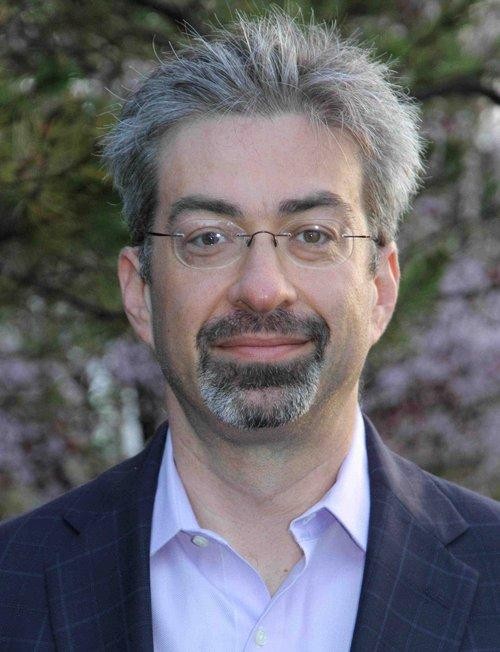
Citing details of how his high-powered career has kept him frustratingly away from his three children, the CEO of a Silicon Valley software company has written a rare male-perspective blog post about his decision to lean out. “Right now, I choose to spend more time with my family and am confident that I can continue to have a meaningful and rewarding work life while doing so,” wrote Max Schireson, the now-former CEO of the billion-dollar firm MongoDB, in “Why I Am Leaving the Best Job I Ever Had,”a post that’s now on its way to going viral. “At first, it seemed like a hard choice, but the more I have sat with the choice the more certain I am that it is the right choice.”
Schireson, whose kids are 9, 12, and 14, and whose “brilliant, beautiful” wife is a doctor and a professor at Stanford University, writes that he loves skiing, swimming, cooking, watching sports games, and playing backgammon with the family. But he also laments that he is “on pace to fly 300,000 miles this year,” and that, because of his job’s demands, he’s missed important life moments — from “family fun” to the time their puppy was hit by a car (and survived, but still).
“Earlier this summer, Matt Lauer asked Mary Barra, the CEO of GM, whether she could balance the demands of being a mom and being a CEO,” Schireson writes. “The Atlantic asked similar questions of PepsiCo’s female CEO Indra Nooyi. As a male CEO, I have been asked what kind of car I drive and what type of music I like, but never how I balance the demands of being both a dad and a CEO.”
It’s true that with the perspectives of Sheryl Sandberg and Anne-Marie Slaughter and every woman in between, men’s voices have been a bit lost in the whole work-life balance discussion. But Schireson’s is one that shows they’re not so immune to the pains of missing out on home life after all. “Friends and colleagues often ask my wife how she balances her job and motherhood,” he writes. “Somehow, the same people don’t ask me.”
There’s a growing body of evidence, though, that embracing work over all else — and overworking yourself into a stress mess — is just not healthy for anyone. Overwork has been linked to sleep loss, heart disease, anxiety, substance abuse, and more motor vehicle accidents. Further, having parents present at the dinner table — and that means really present, not checking emails on a mobile in between forkfuls — has been show to be truly beneficial to children (along with, of course, being alive and healthy and not battling illnesses or work-related depression).
A recent article in the Harvard Business Review drew on interviews with 4,000 executives, male and female, to find out how they balanced work and home life. “They’ve discovered through hard experience that prospering in the senior ranks is a matter of carefully combining work and home so as not to lose themselves, their loved ones, or their foothold on success,” wrote Boris Groysberg and Robin Abrahams in “Manage Your Work, Manage Your Life.” They continued, “Those who do this most effectively involve their families in work decisions and activities. They also vigilantly manage their own human capital, endeavoring to give both work and home their due—over a period of years, not weeks or days.”
That, for Schireson, meant scaling back his professional life.
Reaction to his announcement has been mainly supportive, with even Sandberg noting on Facebook, “Max Schireson gets the Lean In award of the day for speaking out for fathers and husbands everywhere who want to do more for their families.” On Ragan’s PR Daily, Kevin Allen points out, “This isn’t a story about a suburban dad who just wants to spend more time on the Little League diamond. It’s about a rich guy who is so rich that he doesn’t have to work as hard as he is right now. Good for him. We could all probably get by on a little less.” LinkedIn CEO Jeff Weiner was full of praise, tweeting, “MongoDB CEO’s explanation of why he’s stepping down is one of most honest, genuine, and gracious exits I’ve seen.” Others have called it a “good read,” “noteworthy,” and an “honest, admirable post.”
Schireson, indeed, is truthful about his internal struggle. “I recognize that by writing this I may be disqualifying myself from some future CEO role,” he writes. “Will that cost me tens of millions of dollars someday? Maybe.” Nevertheless, in one month he’ll hand over the role of CEO to another leader, and stay on as vice chairman — “but ‘normal full time’ and not ‘crazy full time’,” he notes. VIDEO


